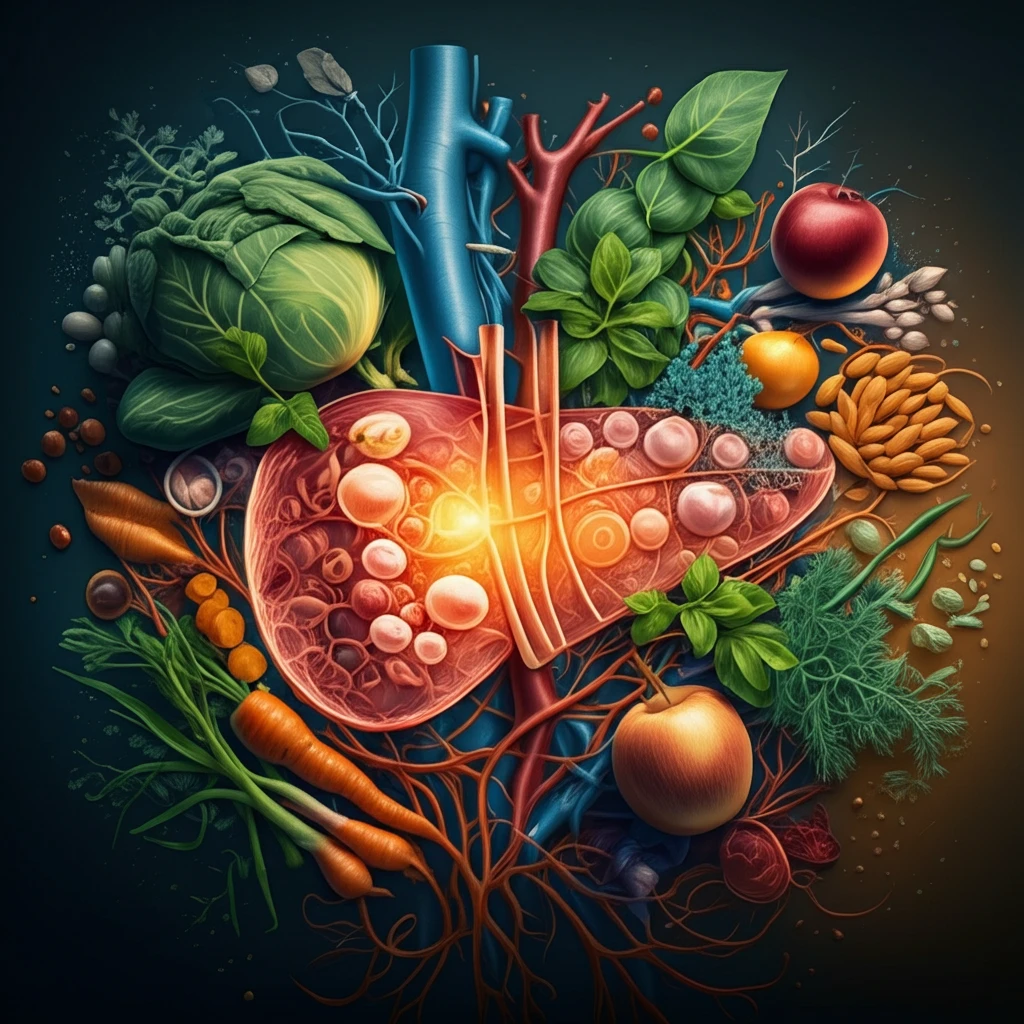
Gallstones: Your Comprehensive Guide to Prevention, Treatment, and Natural Relief
"Discover the secrets to naturally dissolving gallstones and preventing future attacks. Learn about diet changes, supplements, and lifestyle adjustments for optimal gallbladder health."
Gallstones, those silent but potentially painful formations in your gallbladder, affect millions worldwide. In the United States alone, approximately 20% of women and 8% of men over the age of 40 will develop gallstones. While some individuals may never experience symptoms, others endure debilitating pain known as biliary colic. Understanding the causes, risk factors, and available treatments is crucial for maintaining optimal gallbladder health.
This guide delves into the world of gallstones, offering a comprehensive overview of their formation, diagnosis, and various treatment options. Whether you're seeking conventional medical interventions or exploring natural remedies, this resource aims to empower you with the knowledge to make informed decisions about your health. We'll explore the influence of diet, lifestyle, and genetics, providing actionable steps to prevent gallstone formation and naturally alleviate symptoms.
Focusing on a holistic approach, we will provide insights into dietary adjustments, herbal supplements, and lifestyle modifications that support gallbladder function and promote the dissolution of gallstones. This guide is designed to support both women and men looking for effective ways to manage and prevent gallstones, ensuring a healthier, pain-free future.
Understanding Gallstone Formation and Risk Factors

Gallstones form when substances in the bile, primarily cholesterol and bilirubin, solidify into hard deposits. Bile, produced by the liver and stored in the gallbladder, aids in the digestion of fats. An imbalance in its composition, such as excessive cholesterol, can lead to the formation of gallstones. Several factors contribute to this imbalance, increasing the risk of developing gallstones:
- Gender: Women are more prone to gallstones due to hormonal influences, especially elevated estrogen levels during pregnancy or from oral contraceptives.
- Age: The risk increases with age, particularly after 40, as the gallbladder becomes less efficient in emptying bile.
- Obesity: Higher body weight is associated with increased cholesterol production and secretion in bile.
- Genetics and Ethnicity: Native Americans have a higher genetic predisposition to gallstones.
Embracing a Holistic Approach to Gallbladder Health
Preventing and managing gallstones requires a multifaceted approach that considers diet, lifestyle, and, when necessary, medical intervention. By understanding the risk factors and implementing proactive strategies, you can significantly reduce your chances of developing gallstones and alleviate the discomfort they cause. Whether you opt for natural remedies or conventional treatments, the key is to prioritize your gallbladder health and make informed choices that support your overall well-being. Always consult with your healthcare provider to determine the best course of action for your individual needs.
